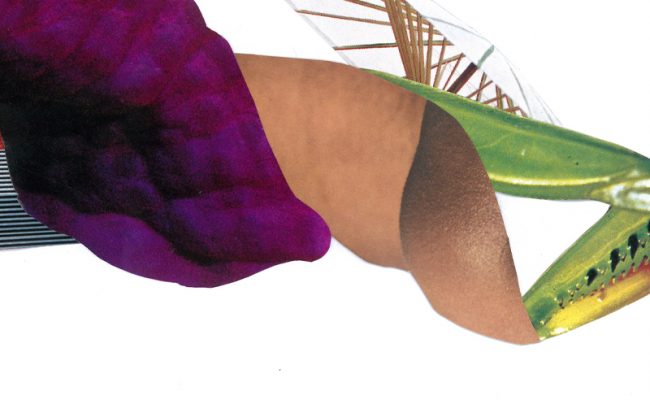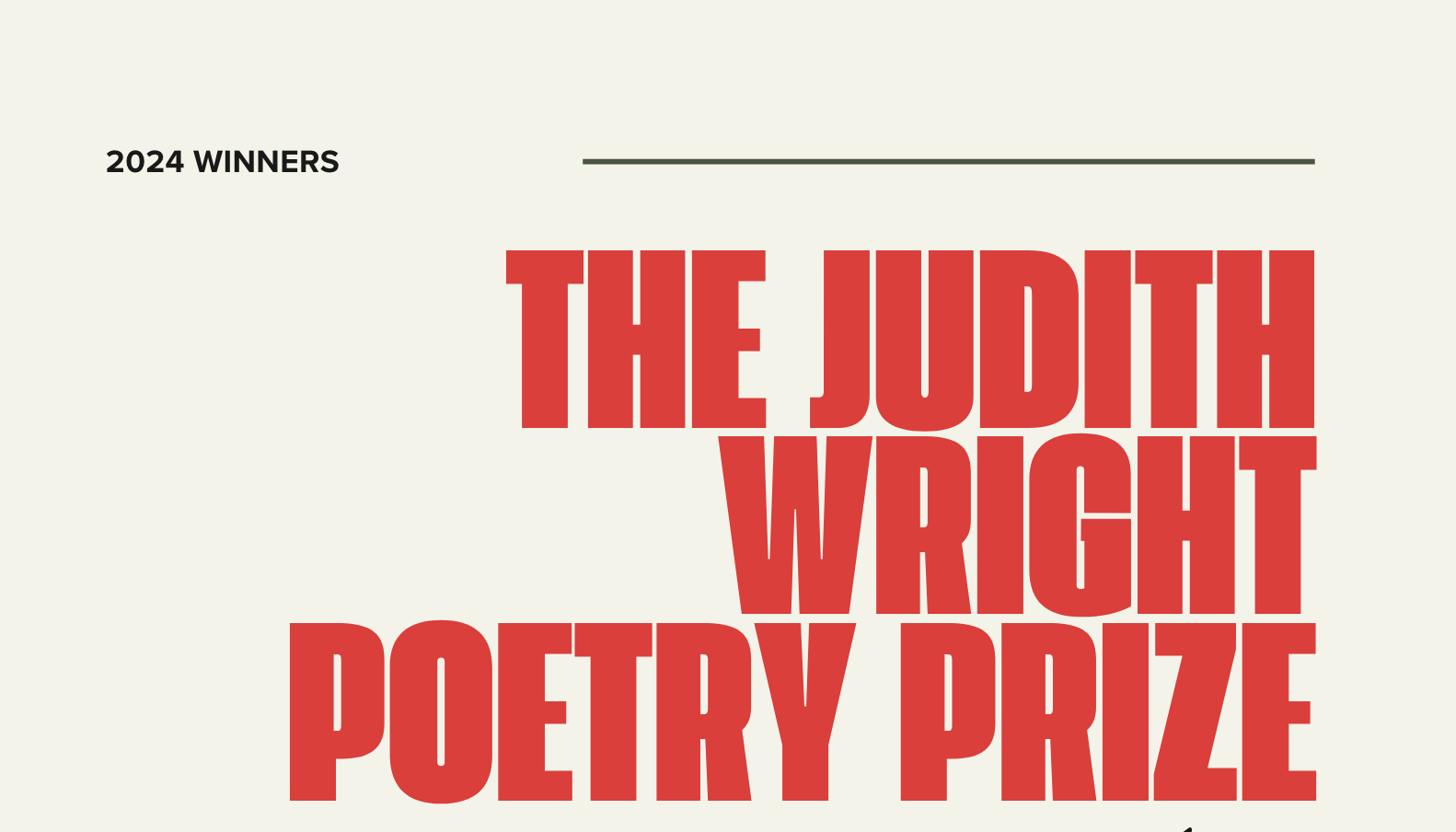Rounds of unshucked applause
bursting from the silt;
for the festival heat, as though
the sun has scraped back this tide;
for the cast-away tyres and steps
in a dark, treeless wood;
for the fluttering white hedges
shifting borders by the hour;
for the tier of salty green fingers
licked by the breeze;
for the baskets of grass
gathering shy feathers;
for my footsteps like crunching jaws;
for slim bones splintering the air;
for the wide banks of twilight
as evening flows between my feet
and deepens;
for the birds that have left us
to brick up their bodies
with rushes and leaves.
so much still, silent applause.
or so many
unruly teeth
snarling
Read the rest of Overland 240
If you enjoyed this piece, buy the issue
Or subscribe and receive
four brilliant issues for a year




